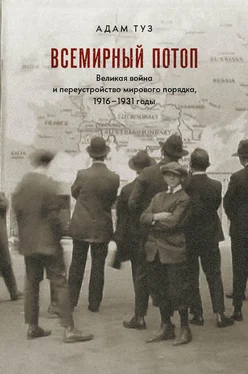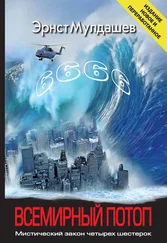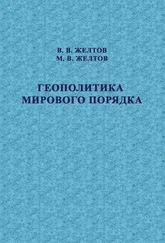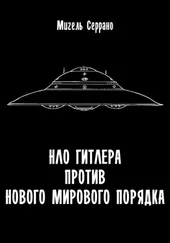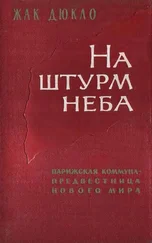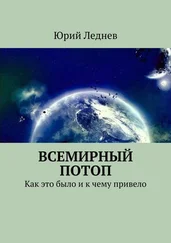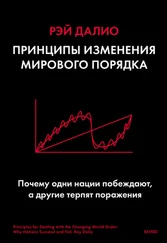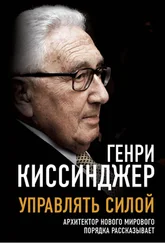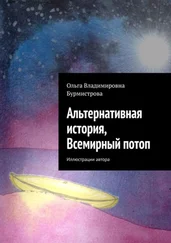G. Clemenceau, Grandeur and Misery of Victory (New York, 1930), p. 202. Ссылка на Блеза Паскаля взята из книги: G. Dallas, At the Heart of a Tiger: Clemenceau and His World 1841–1929 (London, 1993), p. 481. См. также его речь 1910 года о демократии и войне в: G. Clemenceau, Sur la Démocratie: neuf conférences (Paris, 1930), p. 117–134.
D. Demko, Léon Bourgeois: Philosophe de la solidarité (Paris, 2001); C. Bouchard, Le Citoyen et l’ordre mondial 1914–1919 (Paris, 2008); S. Audier, Léon Bourgeois: Fonder la solidarité (Paris, 2007).
P. J. Yearwood, Guarantee of Peace: The League of Nations in British Policy (Oxford, 2009), p. 139.
F. Meinecke, Machiavellism: The Doctrine of Raison d’Etat and its Place in Modern History (New Haven, CT, 1962), p. 423–424, и: Schmitt, Positionen.
F. R. Dickinson, War and National Reinvention: Japan in the Great War 1914–1919 (Cambridge MA, 1999), p. 212–218.
L. Connors, The Emperor’s Adviser: Saionji Kinmochi and Pre-War Japanese Politics (Oxford, 1987), p. 60–66.
S. Naoko, Japan, Race and Equality: The Racial Equality Proposal of 1919 (London, 2003), p. 61.
PWW, vol. 53, p. 622; M. Macmillan, Peacemakers: The Paris Conference of 1919 and its Attempt to End War (London, 2001), p. 154–155.
D. H. Miller, The Drafting of the Covenant [hereafter DC] (New York, 1928), vol. 2, p. 64–105.
DC, vol. 1, p. 138.
Ibid., p. 146–147. Эта фраза принадлежит Айре Кроу, см.: H. Nicolson, Peacemaking, 1919 (London, 1933), p. 226.
DC, vol. 1, p. 162.
Ibid., p. 152.
Ibid., p. 160.
Ibid., p. 160–162.
Knock, To End All Wars, p. 218.
DC, vol. 1, p. 160.
Ibid., p. 166.
DC, vol. 1, p. 165.
Ibid., p. 165.
Ibid., p. 167.
DC, vol. 2, p. 303.
DC, vol. 1, p. 216–217.
DC, vol 2, p. 294.
Ibid., p. 293.
Ibid., p. 264.
DC, vol. 2, p. 297.
DC, vol. 1, p. 262.
PWW, vol. 57, p. 126–127.
S. Bonsal, Unfinished Business (New York, 1944), p. 202–217.
A. Anghie, Imperialism, Sovereignty and the Making of International Law (Cambridge, 2004); M. Mazower, No Enchanted Palace: The End of Empire and the Ideological Origins of the United Nations (Princeton, NJ, 2009).
P. J. Yearwood, Guarantee, and G. W. Egerton, Great Britain and the Creation of the League of Nations (Chapel Hill, NC, 1978).
PWW, vol. 53, p. 427.
Ibid., p. 320–321.
J. W. Jones, «The Naval Battle of Paris», Naval War College Review 62 (2009), p. 77–89.
Двусмысленность позиции США признавали и советники администрации президента, см.: PWW, vol. 57, p. 180.
Ibid., p. 91–92.
Egerton, Great Britain and the League, p. 158.
R. Dingman, Power in the Pacific: The Origins of Naval Arms Limitation, 1914–1922 (Chicago, IL, 1976), p. 86–87; PWW, vol. 57, p. 142–144, 216–217.
J. Bainville, Les Conséquences politiques de la paix (Paris, 1920), p. 25.
За основу описания взята книга: M. Macmillan, Peacemakers: The Paris Conference of 1919 and its Attempt to End War (London, 2001).
M. Trachtenberg, Reparation in World Politics: France and European Economic Diplomacy, 1916–1923 (New York, 1980), p. 48–52.
Пожалуй, самое живое и содержательное описание этого цикла представлено в: H. Nicolson, Peacemaking, 1919 (London, 1933); A. Lentin, Lloyd George, Woodrow Wilson and the Guilt of Germany (Leicester, 1984), и в: A. Lentin, Lloyd George and the Lost Peace: From Versailles to Hitler, 1919–1940 (Basingstoke, 2001).
Bainville, Conséquences, p. 25–29.
G. Clemenceau, Grandeur and Misery of Victory (New York, 1930), p. 144–207.
A. Thiers, Discours parlementaire: 3eme partie 1865–1866 (Paris, 1881), p. 645–646.
Clemenceau, Grandeur, p. 185.
C. Clark, Iron Kingdom: The Rise and Downfall of Prussia, 1600–1947 (London, 2006); P. Schroeder, The Transformation of European Politics, 1763–1848 (Oxford, 1994); P. Schroeder, Austria, Great Britain, and the Crimean War: The Destruction of the European Concert (Ithaca, NY, 1972).
A. S. Link (ed.) et al., The Papers of Woodrow Wilson [hereafter PWW], 69 vols (Princeton, NJ 1966-94) vo1. 54, p. 466.
M. Beloff, Imperial Sunset, vol. 1, Britain’s Liberal Empire, 1897–1921 (London, 1969, and Basingstoke, 1989), p. 289–290.
W. McDougall, France’s Rhineland Diplomacy, 1914–1924: The Last Bid for a Balance of Power in Europe (Princeton, NJ, 1978).
Точка зрения Германии изложена в: B. Wendt, «Lloyd George’s Fontainebleau Memorandum», in U. Lehmkuhl, C. Wurm and H. Zimmermann (eds), Deutschland, Grossbritannien, Amerika (Wiesbaden, 2003), p. 27–45. Об антифранцузской атмосфере см. в: J. Cairns, «A Nation of Shopkeepers in Search of a Suitable France: 19191940», The American Historical Review 79 (June 1974), p. 714.
PWW, vol. 57, p. 50–61.
A. Tardieu, The Truth About the Treaty (London, 1921).
N. Angell, The Great Illusion (New York, 1910).
J. Horne and A. Kramer, «German „Atrocities“ and Franco-German Opinion, 1914: The Evidence of German Soldiers’ Diaries», TheJournal of Modern History 66 (1994), p. 1–33;I. Hull, Absolute Destruction: Military Culture and the Practices of War in Imperial Germany (Ithaca, NY, 2005).
I. Renz, G. Krumeich and G. Hirschfeld, Scorched Earth: The Germans on the Somme 1914–1918 (Barnsley, 2009).
J. M. Keynes, The Economic Consequences of the Peace (London, 1919), p. 126–128; Дж. М. Кейнс. Экономические последствия Версальского мирного договора // Кейнс Дж. М. Общая теория занятости, процента и денег. Избранное. М., 2007, с. 498.
Читать дальше
Конец ознакомительного отрывка
Купить книгу
